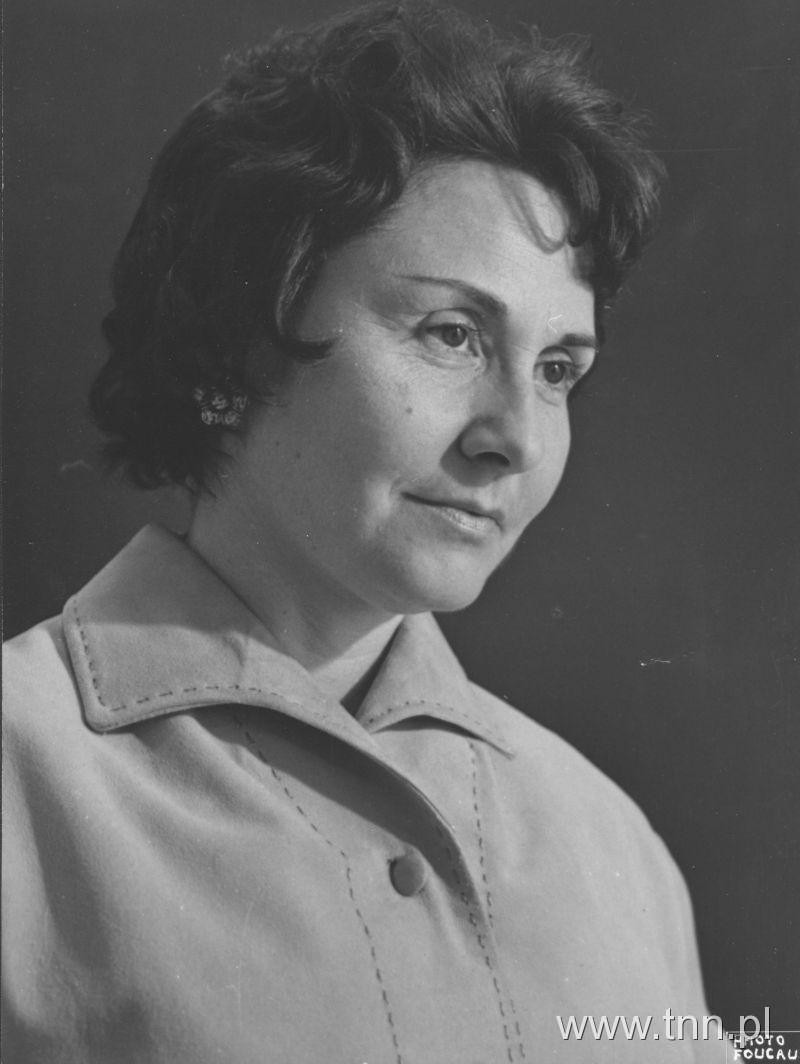Anna Langfus was born as Anna Regina Szternfinkiel in Lublin in 1920. Her father Mosze was a grain trader. Her mother, Maria, co-owned the tenement house at 18 Lubartowska St. where they lived. In 1937, Anna graduated from The Union of Lublin State Gymnasium, and a year later, she married Jakub Rajs. Together they went to Belgium to study at the High School of Textile Industry in Verviers.
The war found them in Lublin. In the spring of 1941, the Germans established a ghetto, where Anna and Jakub were resettled with their families. “On the other side, life went on. […] A few yards away, two women stood deep in conversation on the edge of the pavement. They appeared not to see me. Really, they were an incalculable distance away. Between us lay that spiky barbed wire fence.” This is how Anna later recounted, in her first novel, that experience of forced isolation. In 1942, the Rajs couple fled to Warsaw. Initially, they stayed in the ghetto, then hid on the ‘Aryan’ side. Anna, under the name of Maria Leokadia Janczewska, got involved in the Polish underground as a messenger. In November 1944, while looking for shelter near Warsaw, she and her husband got arrested by the Gestapo. Jakub was shot and Anna was imprisoned in Płońsk.
After liberation, she returned to her hometown, where she had no relatives left: her father perished in Lublin, her mother in the Warsaw ghetto and her husband's family in Warsaw after their hideout got discovered. Of the numerous relatives, one cousin survived. In 1946, Anna went to Paris. There she married Aron Langfus, a fellow Lubliner with whom she shared some war experiences. In 1948, she gave birth to a daughter.
Despite material difficulties, she pursued her artistic passions: she attended an acting course and wrote plays and prose. The main theme of her work was the trauma of the Holocaust and survivors' struggle with the ‘disease of war’. As one of the first acknowledged writers-witnesses, she emphasized the impossibility of fully conveying the war experience: “Screams cannot be printed. […] To put into words the horror of the Jewish fate during the war, I had to create a literary work. It was a difficult step.” She published three novels. Her most famous book "Les Bagages de Sable", awarded with The Goncourt Prize 1962, was devoted to the sense of guilt and the inability of survivors to return to life.
Anna Langfus died in 1966.
